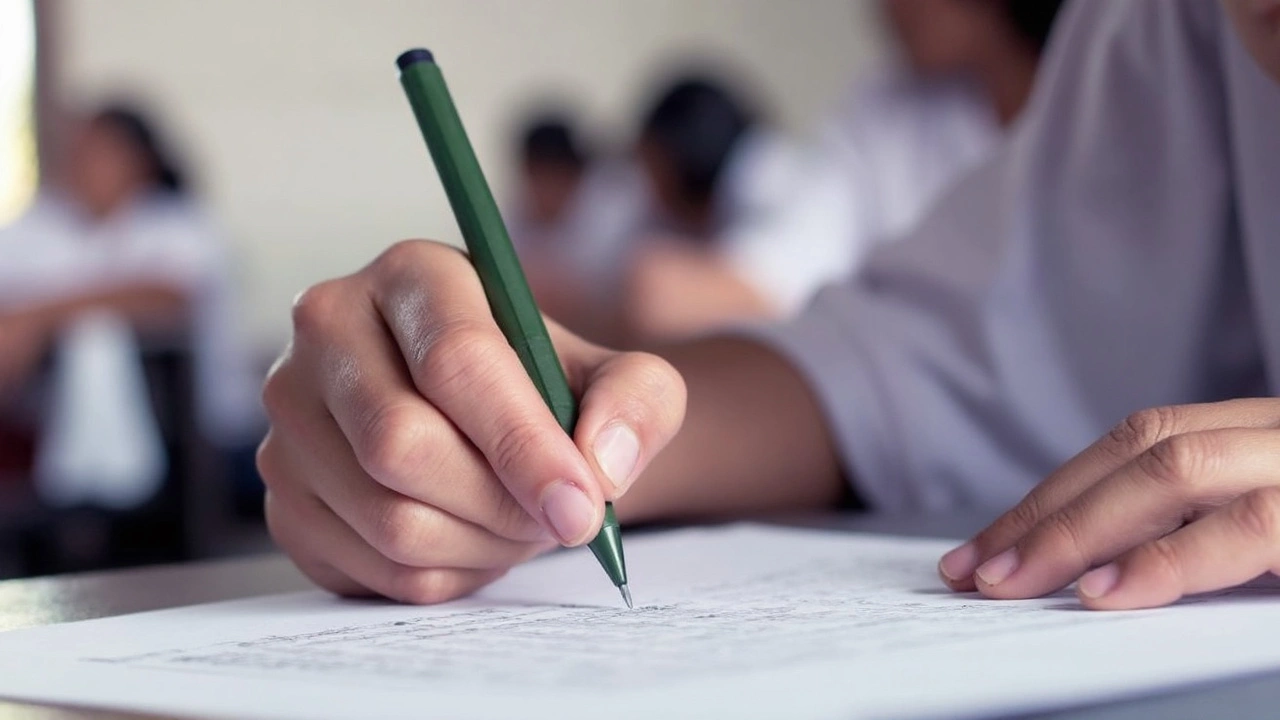Exam Irregularities – What’s Happening Across India?
Every year thousands of students sit for important tests, but not all exams are fair. From high‑school boards to competitive entrance exams, reports of cheating, paper leaks, and biased grading keep popping up. You probably heard about a few recent cases on the news – a question paper leak in a state board, a college admission scandal, or a digital test glitch that gave some candidates an edge. All of these fall under the umbrella of exam irregularities, and they matter because they can change a student’s future in an instant.
Why do these irregularities happen? Simply put, the pressure to succeed is huge. Parents, colleges, and employers all put a lot of weight on test scores, so some people try to cheat to get ahead. Sometimes it’s a small act, like copying answers, but other times it’s a big operation involving insiders, technology, or even political influence. The government and education boards are constantly trying to tighten rules, yet new tricks keep emerging.
Common Types of Exam Scams
Below are the most frequent ways exams get messed up:
- Paper leaks: Question banks or full papers are stolen before the exam day. This can happen through corrupt officials or hacked servers.
- Impersonation: Someone else sits in for a candidate, often using fake IDs or bribed invigilators.
- Electronic cheating: Smart phones, Bluetooth earpieces, or even hidden chips transmit answers in real time.
- Result manipulation: Scores are altered after the exam, either by officials or through software tampering.
- Coaching collusion: Some coaching centers share answer keys with students for a fee.
Each of these scams hurts honest students, erodes trust in the system, and can lead to legal action. Recent headlines have shown that even national level exams aren’t immune – a few high‑profile leaks have led to massive re‑examinations and cancellations.
What You Can Do if You Spot Irregularities
If you think something’s off, speak up early. Most boards have a helpline or an online portal for complaints. Provide as many details as you can – date, location, names, and any evidence like photos or messages. Staying anonymous is usually an option if you fear backlash.
Another practical step is to keep records of your own answer sheets and any official communications. If your results suddenly change without explanation, compare them with your saved copies. This makes it easier to prove a discrepancy.
Finally, spread awareness responsibly. Share verified news and official notices on social media, but avoid rumors. When more people know the facts, it’s harder for scammers to operate behind the scenes.
Exam irregularities are a big issue, but staying informed and vigilant can protect you and your peers. Keep checking this tag page for the latest developments, court rulings, and government actions aimed at cleaning up the exam space. The more you know, the stronger the fight against cheating becomes.

NEET UG 2025 candidates face uncertainty after reporting jumbled exam papers and out-of-syllabus questions. The NTA closed objection windows but hasn't fully addressed these concerns. With results set to release, over 22.7 lakh students are keenly waiting for clarity and fair resolution before moving forward with counseling.
